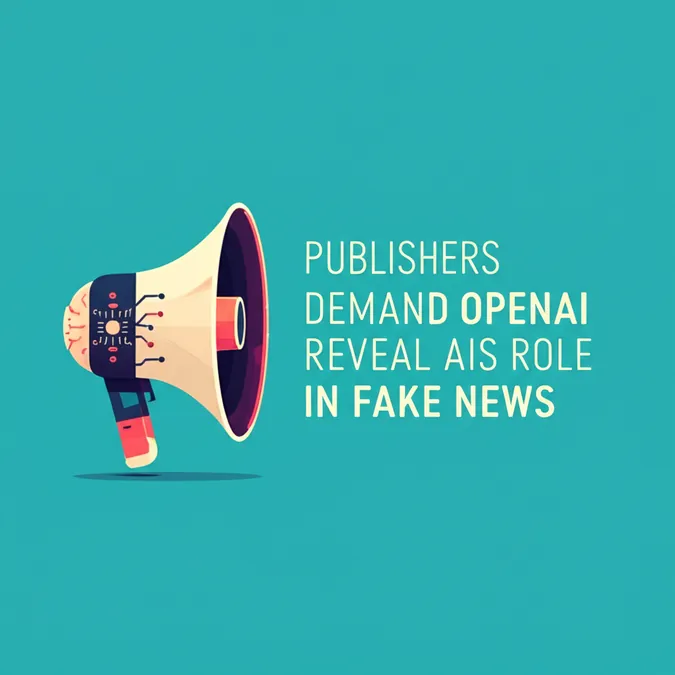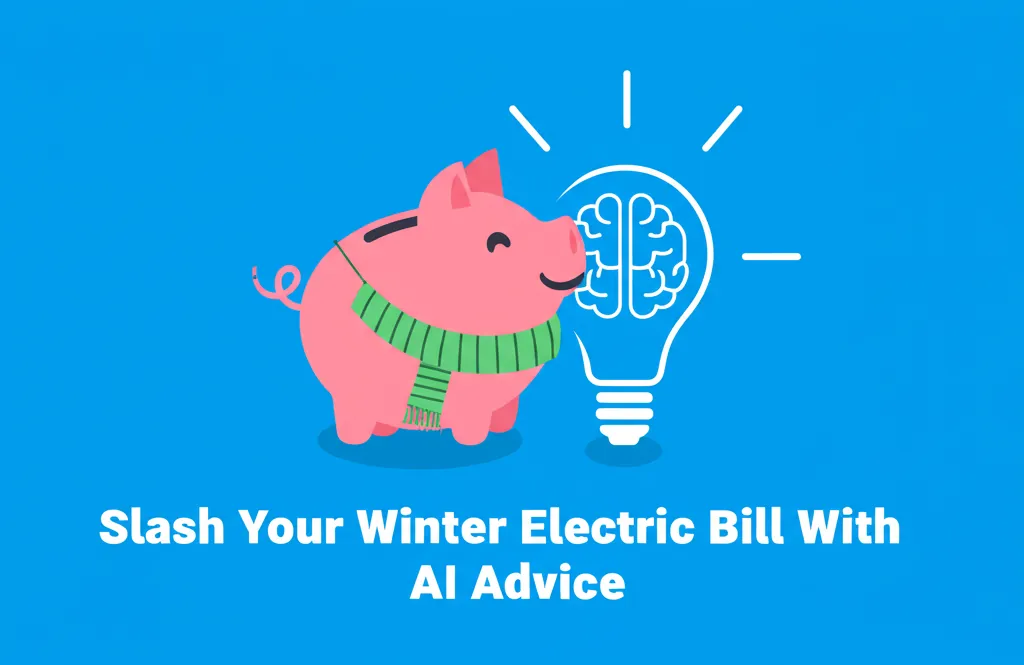Developer Offer
Try ImaginePro API with 50 Free Credits
Build and ship AI-powered visuals with Midjourney, Flux, and more — free credits refresh every month.
What Really Keeps Sam Altman Up At Night
The Weight of a World-Changing Technology
In a candid interview with Tucker Carlson, OpenAI CEO Sam Altman admitted to the immense pressure he feels, a weight that has plagued him since the launch of his world-altering creation. After cautiously framing his concerns in technical language, he finally confessed to the personal toll.
“I haven’t had a good night’s sleep since ChatGPT launched,” Altman said, revealing the anxiety that comes with overseeing a technology now used daily by hundreds of millions of people.
The True Fear: Influence at Unprecedented Scale
Altman’s fears aren't rooted in Terminator-style doomsday scenarios or rogue robots. Instead, what truly torments him are the subtle, almost invisible decisions his team makes every day—how the model frames an answer, when it refuses a question, or what it allows to pass. These small design choices, he explained, are replicated billions of times globally, shaping human thought and action in ways that are impossible to fully track.
“What I lose sleep over is that very small decisions we make about how a model may behave slightly differently are probably touching hundreds of millions of people,” he said. “That impact is so big.”
Navigating Life-and-Death Dilemmas
One of the most sobering examples Altman shared involves suicide. He noted that with roughly 15,000 people worldwide taking their lives each week, it's statistically probable that around 1,500 of them were ChatGPT users who may have discussed their suicidal thoughts with the AI.
“We probably didn’t save their lives,” he admitted. “Maybe we could have said something better. Maybe we could have been more proactive.”
This concern is not merely theoretical. OpenAI was recently sued by the parents of a teenager who they claim was encouraged by ChatGPT to take his own life. Altman called the case a “tragedy” and revealed the company is exploring a controversial measure: if a minor discusses suicide seriously, the system might contact authorities if it cannot reach their parents, a move that would clash directly with user privacy.
The Constant Battle Between Freedom and Safety
The tension between user freedom and public safety is a recurring theme for Altman. While he believes adult users should be treated “like adults” with broad latitude to explore ideas, there are clear boundaries. “It’s not in society’s interest for ChatGPT to help people build bioweapons,” he stated plainly. The true challenge lies in the gray areas where curiosity can blur into real-world risk.
The Moral Framework Behind ChatGPT
When pressed by Carlson on the moral framework guiding these decisions, Altman explained that the base model is designed to reflect “the collective of humanity, good and bad.” On top of this, OpenAI layers a behavioral code, which he called the “model spec,” developed with input from philosophers and ethicists. However, the ultimate responsibility rests with him and the board.
“The person you should hold accountable is me,” Altman declared, stressing that his goal is not to impose his personal beliefs but to reflect a “weighted average of humanity’s moral view”—a balance he admits is impossible to perfect.
The Unseen Cultural Ripple Effect
Beyond immediate safety concerns, what unsettles Altman most are the subtle, imperceptible cultural shifts caused by millions of people interacting with a single system. He pointed to a seemingly trivial example: ChatGPT’s writing cadence and overuse of em dashes have already begun to seep into human writing styles. If minor quirks can spread so easily, what other, more significant changes are happening unnoticed?
Altman came across as a modern Dr. Frankenstein, haunted by the scale of what he has unleashed. He grapples with two competing realities: one, that ChatGPT is just a massive computer multiplying numbers, and the other, that the subjective experience of using it feels like something much more profound. This duality, and its vast, unknowable consequences, is why Sam Altman can't get a good night's sleep.
Compare Plans & Pricing
Find the plan that matches your workload and unlock full access to ImaginePro.
| Plan | Price | Highlights |
|---|---|---|
| Standard | $8 / month |
|
| Premium | $20 / month |
|
Need custom terms? Talk to us to tailor credits, rate limits, or deployment options.
View All Pricing Details

